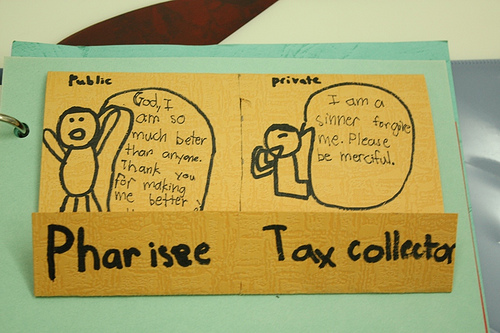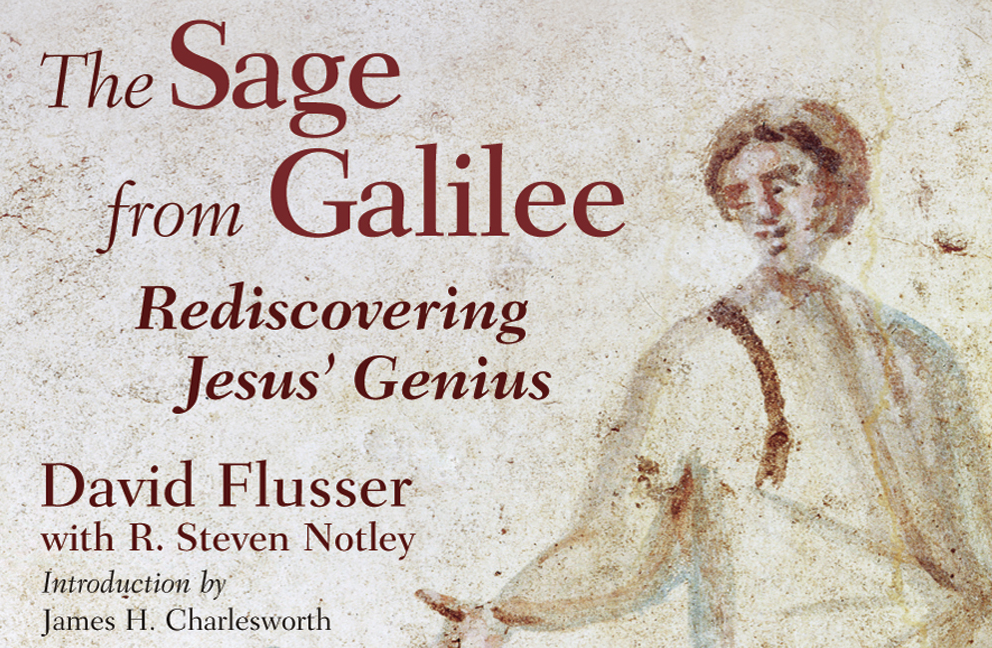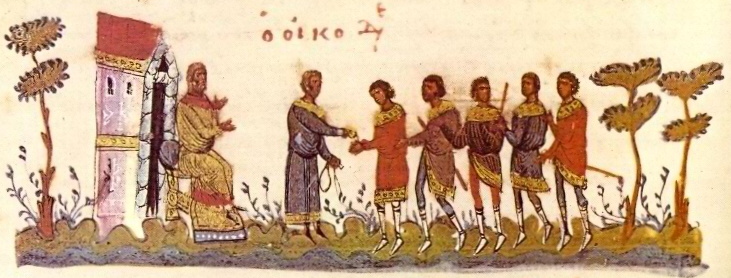For thirty-three years David and Josa Bivin have traveled each year to Europe and North America to teach Hebrew, give lectures and conduct workshops for fellow disciples of Jesus. This year’s tour will feature workshops in the United Kingdom and the United States.
And Where Did You Go for the Seder?
We are now in the middle of Passover week and one frequently hears the question, “And where did you go for the Seder [the special home service on the first night of Passover]?” Answers are varied: “To my family’s home.” “To friends.” “To a hotel in Eilat.”
I happily stand corrected!
After reading my “Jehovah, A Christian Misunderstanding” article, a Jerusalem Perspective Member provided several impressive references, pointed out that the Christian reading “Jehovah” can be traced to Raymond Martin’s Pugeo Fidei (1270 A.D.), and may have originated much earlier, even as early as the ninth century!
Engaged: Eternally Dwelling In Hell?

Becker discusses a JP article where one verse of Mark has Jesus using an idiom which might be misunderstood by translators. Becker purports that the discovery should engage our readers on the topic of death after death.
1987 Television Interview with Robert Lindsey

View a 1987 television appearance of Rev. Dr. Robert L. Lindsey in which he shares his understanding of Jesus’ concept of the Kingdom of Heaven and Jesus’ division of redemption history into three distinct periods.
The Numbers Game: Bible Codes (Numerology and Gematria)

Biblical writers infrequently consciously used numerical patterns or codes in their compositions.
The “King James Only” Debate

Have you read a book called New Age Bible Versions by Gail Riplinger? She claims that the only reliable translation of the Bible is the King James Version.
Is the Search for Literary Sources of the Synoptic Gospels Futile?

Indeed, the search for literary sources that may be reflected in a piece of writing can be risky business. In the case of the Synoptic Gospels, however, we possess multiple accounts of the same events—events that originally occurred in a Hebrew-speaking environment, but were eventually recorded in Greek.
The “Hypocrisy” of the Pharisees

Without reading the Scriptures carefully, and without a familiarity with Second Temple-period extra-biblical sources, a simple reader of the New Testament might assume that a majority of the Pharisees were hypocrites and that the Pharisees as a movement were indeed a “brood of vipers.” As a result of this common Christian assumption, the word “Pharisee” has become a synonym for “hypocrite” in the English language.
Excerpts from David Flusser’s The Sage from Galilee

The Sage from Galilee is Flusser’s biography of Jesus (written in collaboration with Flusser’s student, R. Steven Notley).
Why Learn to Speak a Dead Language?
Why would anyone in his or her right mind want to speak a “dead” language, a language that no one speaks? The answer: Because only by speaking a language does one internalize it, and it was high time, Randall and I felt, having tasted fluency in Hebrew, that we should gain an active knowledge of Koine Greek.
What’s Happening to the Holy Tongue?
Day by day, modern Hebrew is enriched by the vocabulary of many languages, but particularly by English, the world’s “international language.” Hebrew picks up hundreds of English words each year. Such borrowings from English, written in Hebrew letters, feel Hebrew to most Israelis. Usually, Hebrew speakers are not aware that such loan words did not originate in Hebrew.
My Knowledge of Greek: An Embarrassment for Too Long!
Until recently, I, a New Testament scholar, was often embarrassed by my level of Greek fluency, even after 35 years of studying this ancient biblical language using the traditional grammatical approach. A lack of true fluency in Greek, active knowledge of the language as opposed to passive, is a scourge. Finding myself in this situation, my disappointment was real, but it was kept hidden from my students.
Hebrew as a Spoken Language in First-century Israel

Hebrew was a living language in first-century Israel, part of a multilingual environment (Hebrew, Aramaic and Greek).
Views That Have Vanished: The Photographs of David Bivin

Todd Bolen (founder of BiblePlaces.com) has created a digital collection from the best of my photographs.



